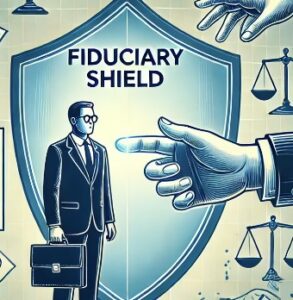In In re State Farm Mut. Auto. Ins. Co., the Fifth Court held that the trial court abused its discretion by ordering an attorney to pay up to $88,240 as a sanction before final judgment, without making express written findings as to why the sanctions did not impair State Farm’s access to the courts.
Reviewing the supreme court’s precedent in the area, the Court held that when a litigant contends that a monetary sanction precludes access to the court, the sanctioning court must either (1) provide that the sanction is payable only at a date that coincides with or follows entry of a final order terminating the litigation, or (2) make express written findings, after a prompt hearing, as to why the award does not have such a preclusive effect. No. 05-24-00229-CV (Aug. 23, 2024) (mem. op.).






